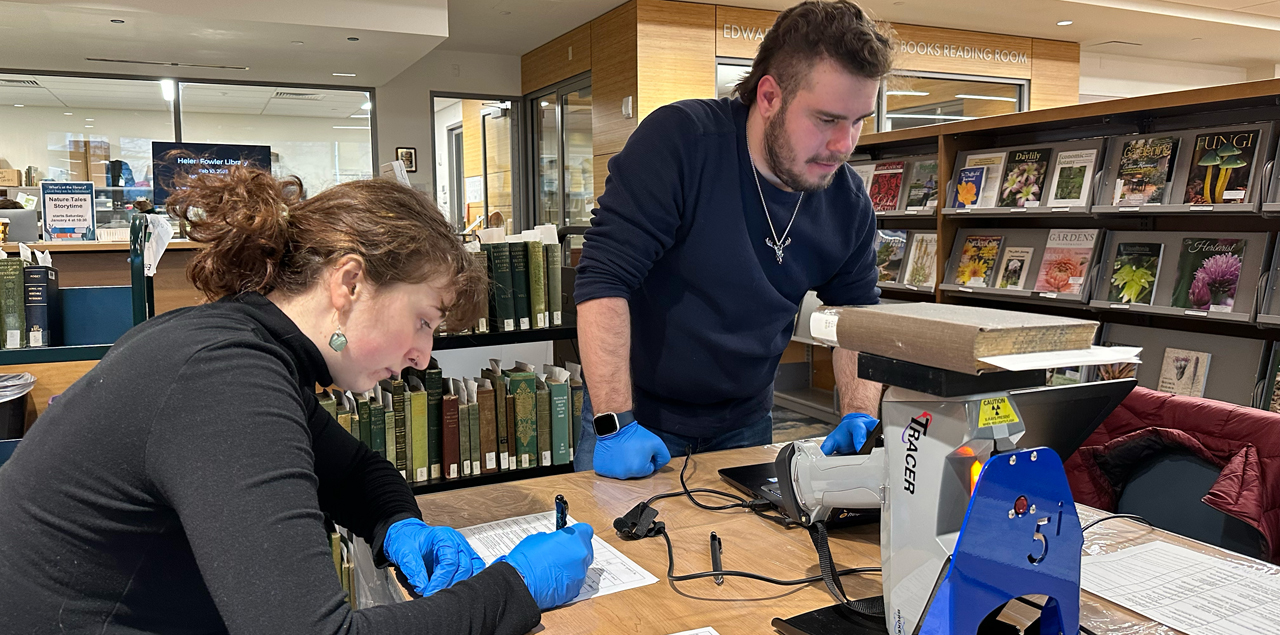
Having spent over a decade coaching both individual and team sports, I've developed a profound appreciation for how differently these athletic formats shape athletes. Just last month, I was reminiscing with a fellow coach about how well-synchronized teams operate like precision machinery - which reminds me of coach Uichico's insightful observation about teams that function so smoothly they barely need extensive practice sessions. There's something magical about watching athletes who've developed such deep understanding that their movements become almost instinctual.
Individual sports like tennis, swimming, and gymnastics demand a unique psychological fortitude that I've come to deeply respect. When you're standing alone on that starting block or court, there's nowhere to hide from your own performance. I've witnessed athletes spending approximately 72% of their training time developing mental resilience alongside physical skills. The solitude forces incredible self-awareness - every victory is unquestionably yours, but so is every setback. What fascinates me most is how individual athletes develop what I call "performance independence," where they learn to self-correct in real-time without external guidance. I've always preferred coaching individual sports precisely because of this transformative personal journey - watching athletes discover their inner strength is profoundly rewarding.
Transitioning to dual sports like doubles tennis or badminton introduces what I consider the most fascinating dynamic in athletics - the partnership element. Here's where Uichico's concept of the "well-oiled machine" truly comes alive. I recall coaching a badminton pair that had trained together for only six months but displayed the synchronization of partners who'd been together for years. They developed what I call "shared anticipation," where they could predict each other's movements with about 89% accuracy during crucial matches. The beautiful complexity lies in balancing individual excellence with partnership harmony - something team sports amplify even further.
Team sports represent the ultimate expression of collective athletic intelligence. Uichico's experience resonates deeply with my own observations - when teams reach that sweet spot of understanding, practice becomes less about learning and more about refining. I've tracked teams that maintained competitive edge with just three practice sessions weekly because their communication and understanding were so deeply ingrained. The economic efficiency of such well-coordinated teams is remarkable - they achieve more with less structured practice time. Personally, I've always been drawn to basketball teams where the chemistry transcends individual talent, creating something greater than the sum of its parts.
The choice between individual and dual sports ultimately depends on an athlete's personality and goals. While I naturally gravitate toward individual sports for their pure psychological challenge, I can't deny the special magic that happens when athletes achieve that seamless coordination Uichico described. Having witnessed both paths, I believe the decision shouldn't be about which is objectively better, but about which environment will help a particular athlete flourish. The beauty of sports lies in this diversity - whether flying solo or moving in perfect synchrony with others, athletes find their unique paths to excellence.
Football
-
PPG Meaning Basketball: Understanding Points Per Game in the NBA
football match
-
Discover the Essential Materials and Equipment of Basketball for Peak Performance
football rules
-
The Story of How Basketball Was Created by a Man Named James Naismith
Football
-
How to Create the Perfect Basketball Lineup Template for Your Team
football match




